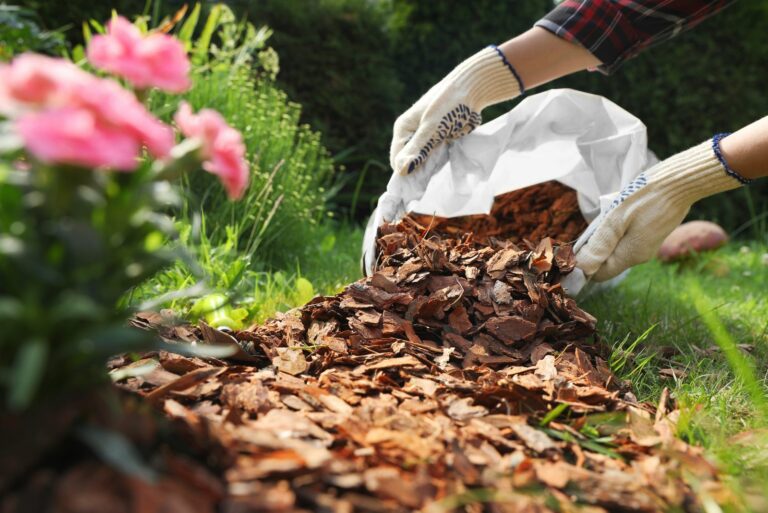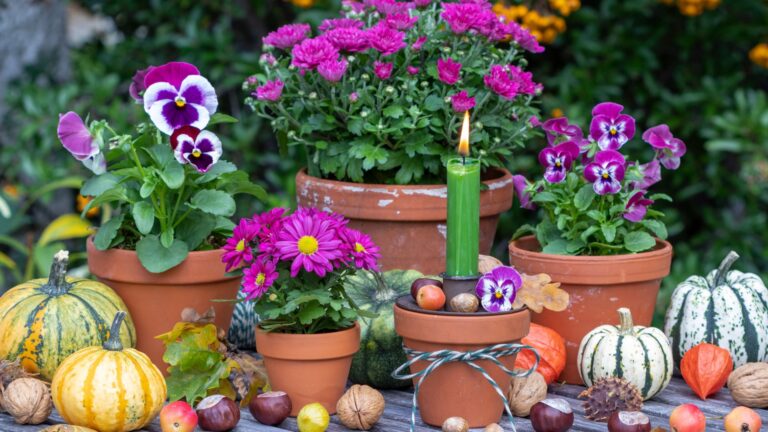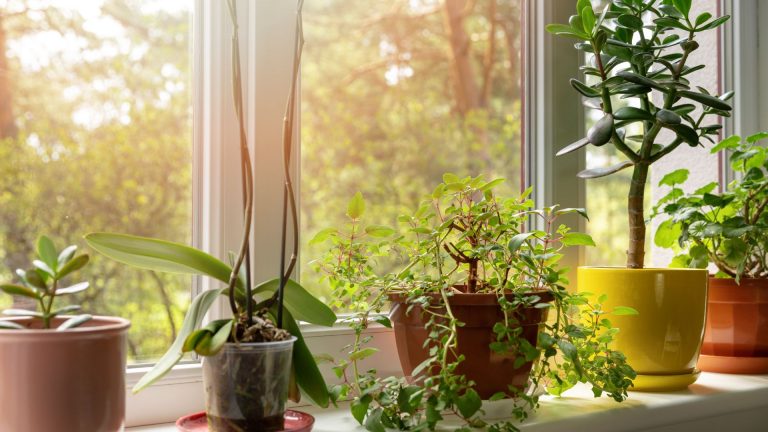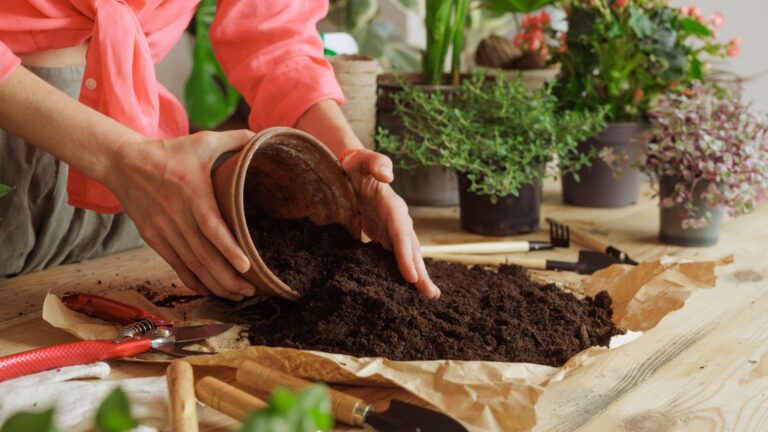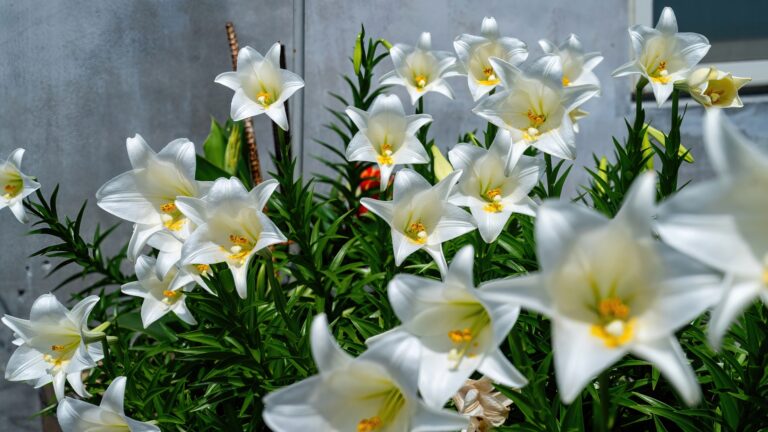29 Secret Ingredients For A Thriving Garden
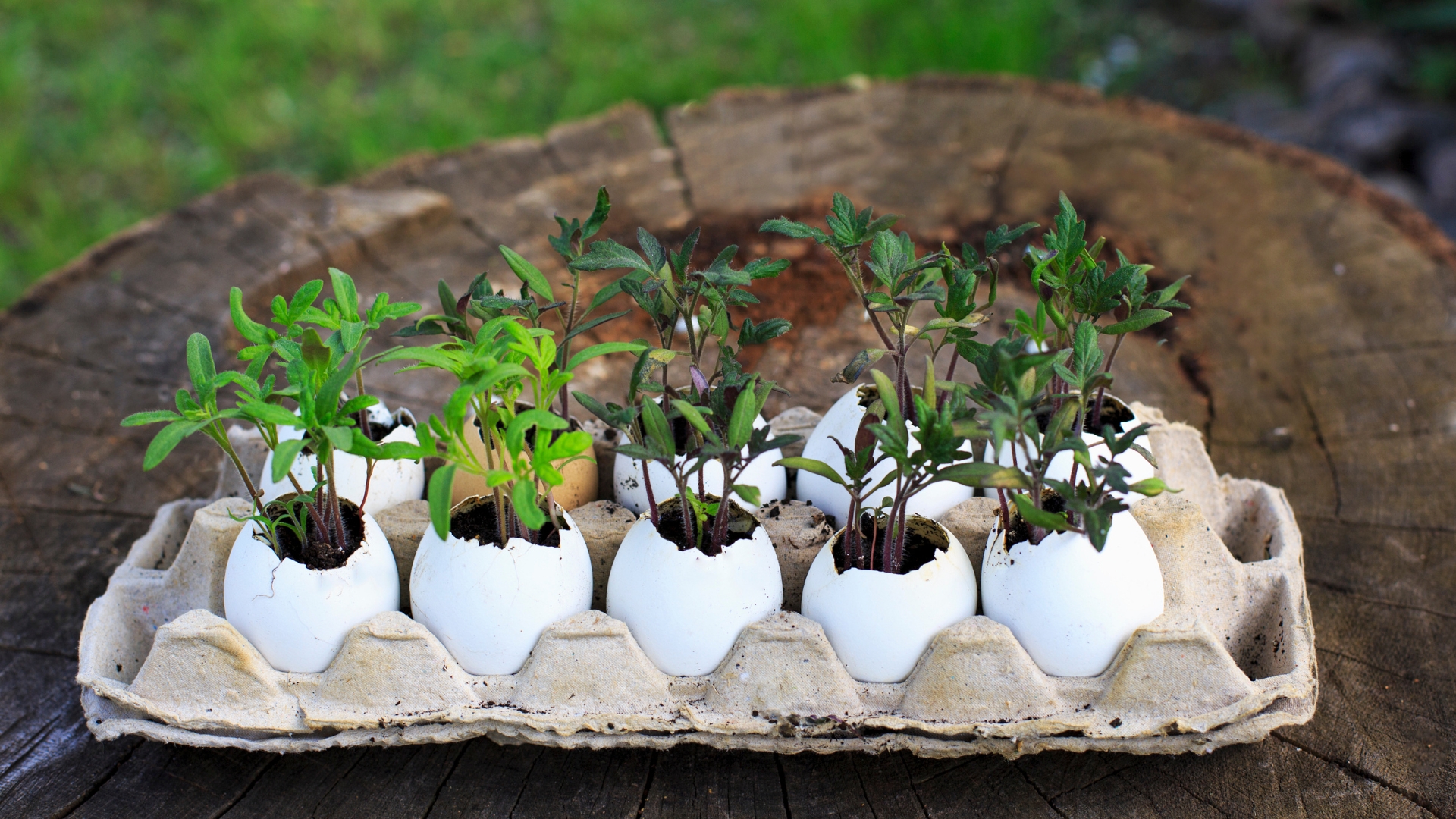
Gardening is like a symphony, a harmonious blend of nature’s elements. With countless hours spent in my humble patch of earth, I’ve uncovered some quirky secrets that make my garden thrive. These aren’t your typical gardening tips; they are the secret ingredients that add a magical touch. So, grab your trowel, put on your gardening hat, and let’s unearth the unexpected wonders hidden within the soil. Here are 29 secret ingredients for a thriving garden that I’ve discovered—each one a little gem of wisdom waiting to be shared.
1. Coffee Grounds
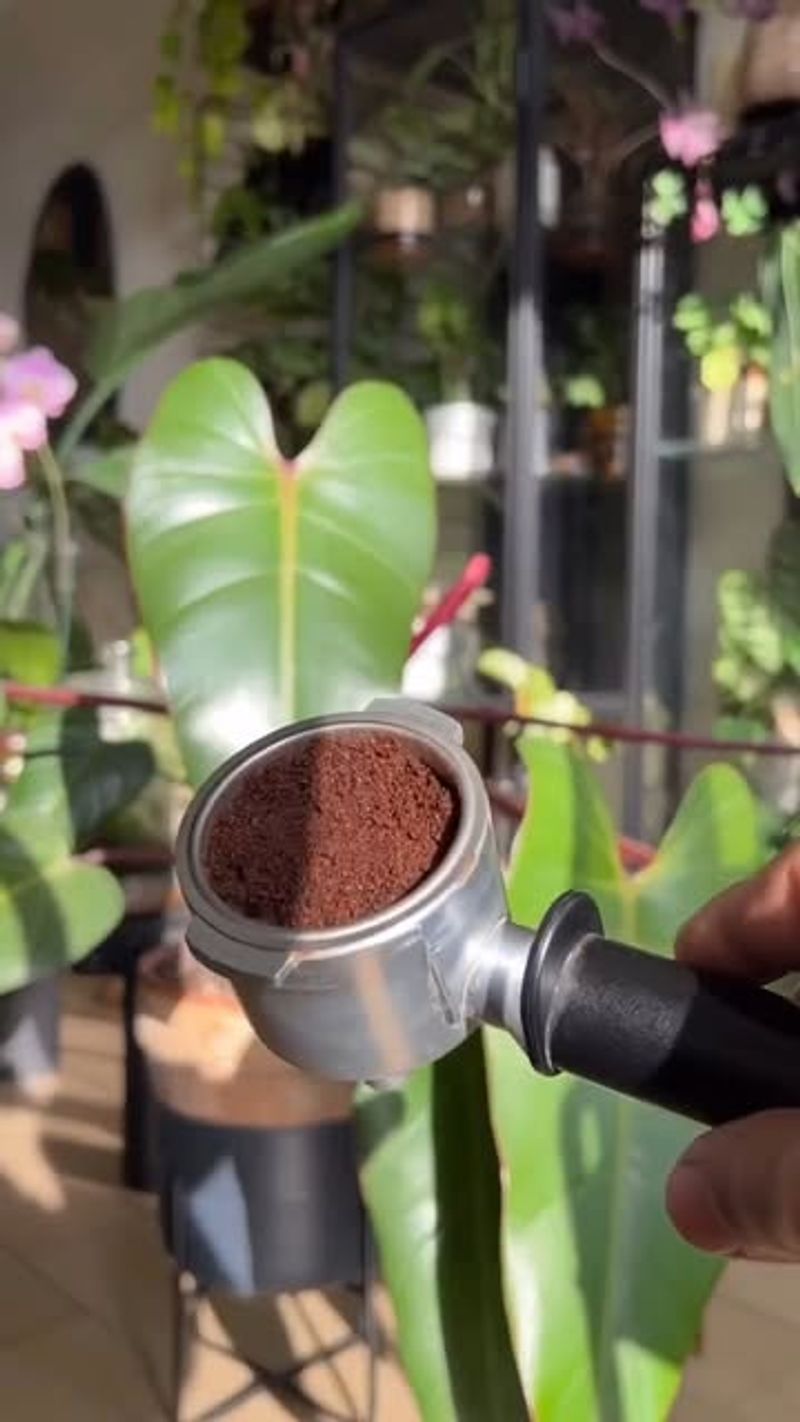
Ever thought your morning brew could wake up your garden? Coffee grounds are a delightful treat for acid-loving plants like roses. They provide nitrogen and improve drainage, making them a fantastic addition to compost.
Plus, the grounds are a great deterrent for slugs and snails. Just sprinkle some around your plants and watch these pesky critters find another route.
It’s an eco-friendly way to recycle kitchen waste and keep your garden happy. Next time you finish your coffee, don’t toss those grounds. Your plants will thank you with blooms.
2. Crushed Eggshells
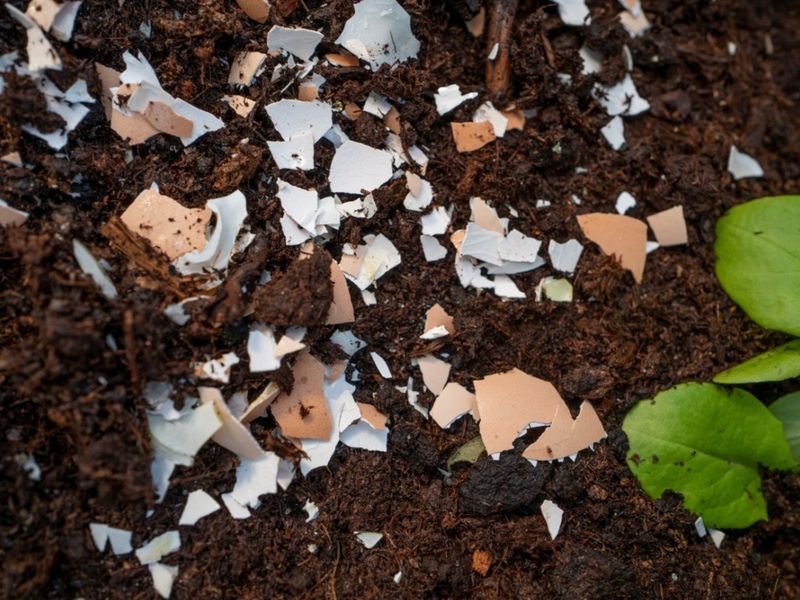
Eggshells are a brilliant source of calcium for your plants. Tomato and pepper plants adore them, as calcium helps prevent blossom end rot.
To prepare, wash and crush the shells before sprinkling them around your plants.
Eggshells also double as a natural pest repellent. The sharp edges deter soft-bodied insects like slugs from invading your garden. It’s a simple, sustainable solution to keep your garden healthy and thriving. Plus, you get to enjoy more omelettes guilt-free!
3. Banana Peels
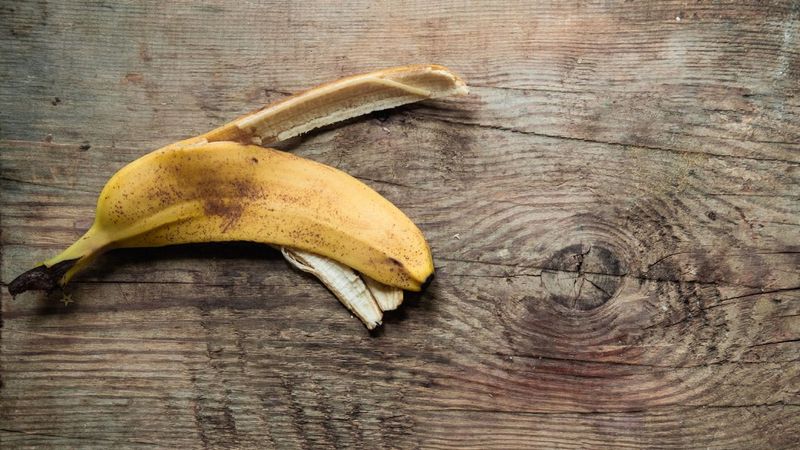
Banana peels are a potassium-packed snack for your plants. Potassium is essential for plant growth and helps strengthen their immune systems. Simply chop the peels and bury them in the soil near the roots.
As they decompose, they enrich the soil with nutrients and attract beneficial microorganisms.
This method is especially beneficial for tomato, pepper, and eggplant plants. By recycling banana peels, you’re feeding your plants and reducing kitchen waste. It’s a win-win situation that will make your garden thrive without much fuss.
4. Epsom Salt
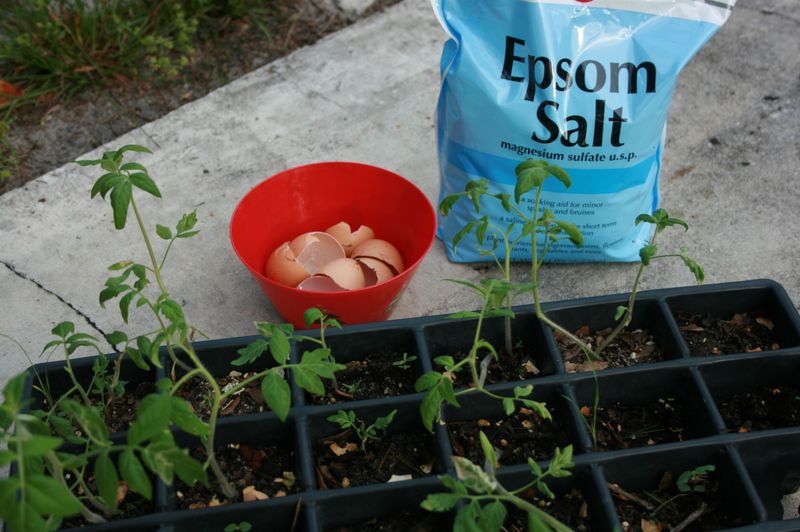
Epsom salt is a gardener’s secret weapon. Rich in magnesium, it enhances seed germination, encourages flower production, and boosts chlorophyll levels. Dissolve a tablespoon in a gallon of water and use it to water your plants. This simple solution improves nutrient uptake and leads to lush, vibrant foliage.
It’s especially beneficial for roses, tomatoes, and peppers. Incorporating Epsom salt into your gardening routine is an effortless way to nurture your plants and give them a healthy, green boost. Say goodbye to dull leaves and hello to vibrant growth!
5. Beer Traps
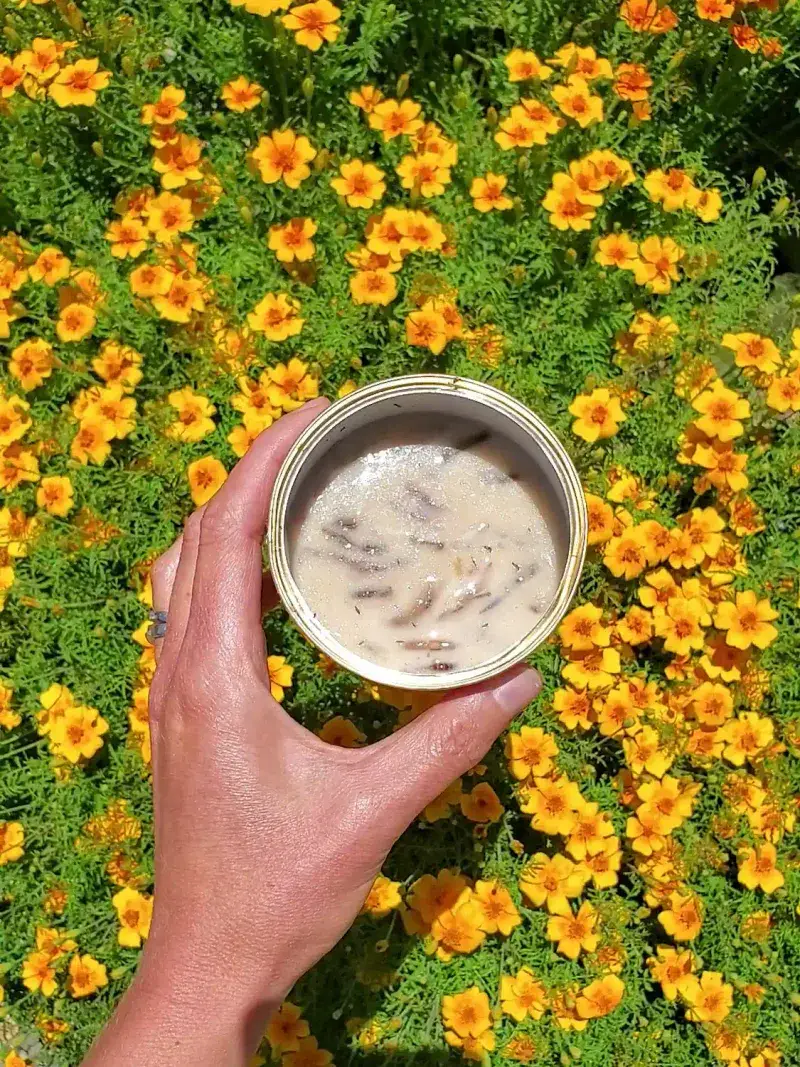
Setting up beer traps is an effective way to manage slugs. Simply bury a small container in the soil and fill it with beer. The yeast attracts slugs, and they’ll crawl in for a drink—never to return.
It’s an organic solution to a common problem that keeps your garden slug-free. Using beer traps is both a practical and environmentally friendly method. Plus, it gives you an excuse to enjoy a cold one while tending to your garden.
6. Vinegar Spray
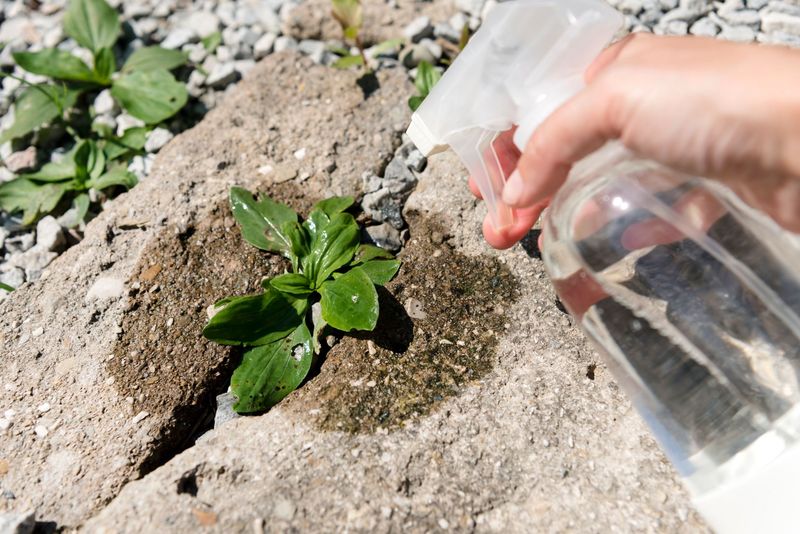
Vinegar isn’t just for salad dressing; it’s a potent weed killer. Mix equal parts water and vinegar and spritz it on unwanted weeds. The acetic acid in vinegar draws moisture from the weeds, causing them to wither.
This natural remedy is safe for the environment and keeps your garden tidy. It’s best used on sunny days when weeds are most vulnerable. Using vinegar is a straightforward, non-toxic way to maintain your garden’s aesthetics. It’s like giving your plants a clean canvas to thrive on.
7. Baking Soda
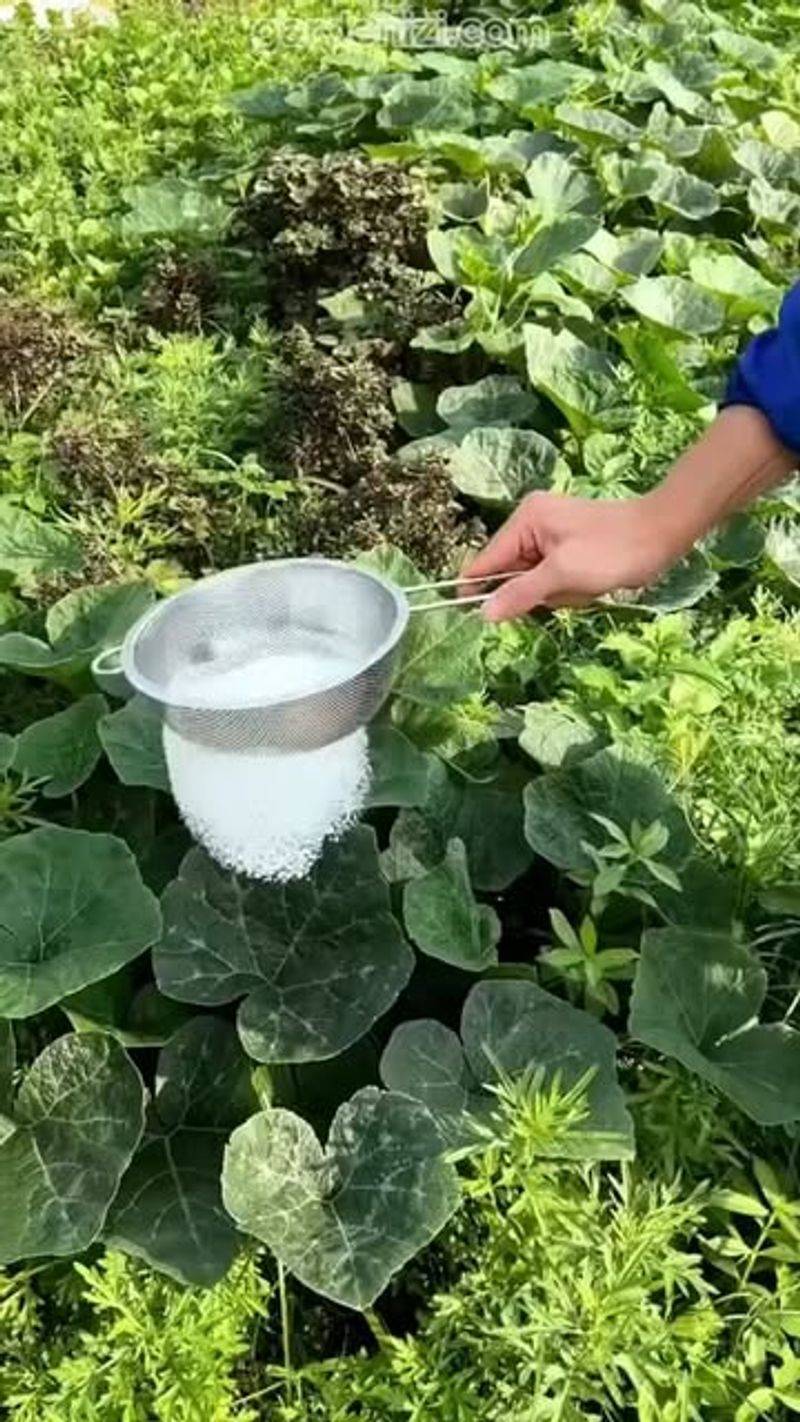
Baking soda is a kitchen staple that doubles as a garden wonder. It helps combat fungal diseases like powdery mildew. Simply dissolve a teaspoon in a quart of water and spray it on affected plants.
The alkaline nature of baking soda creates an inhospitable environment for fungal spores.
This easy remedy keeps your plants healthy and looking their best. It’s an affordable and effective way to manage plant diseases without harsh chemicals. Turn your pantry into a gardening toolkit and watch your plants flourish.
8. Fish Emulsion
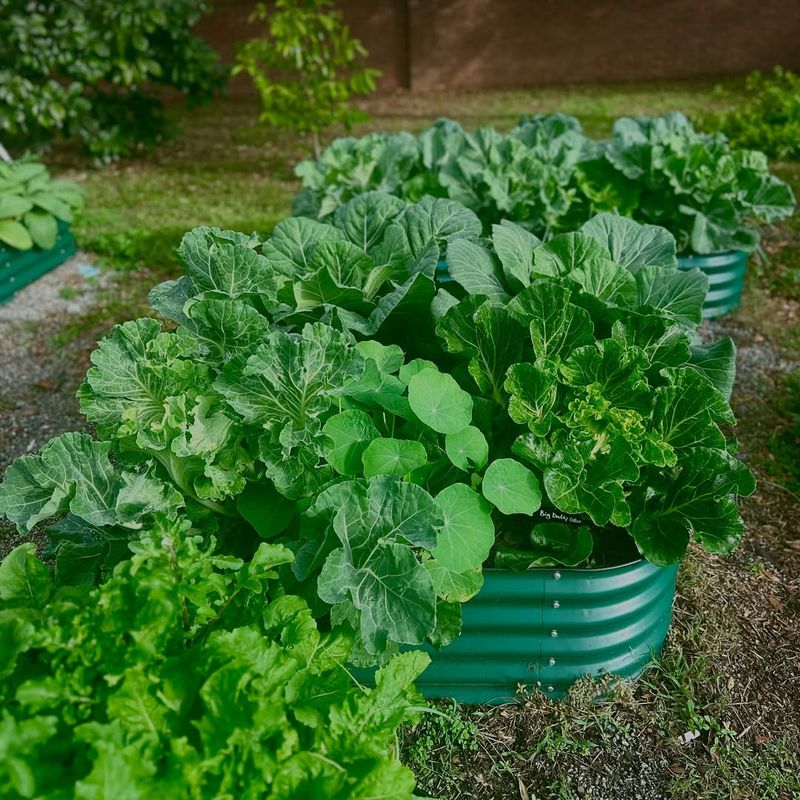
Fish emulsion is like plant energy drink! It’s rich in nitrogen, phosphorus, and potassium, providing a balanced diet for your garden. Dilute it with water and apply it to the soil or as a foliar spray.
It’s particularly beneficial for leafy greens, promoting vigorous growth and lush foliage.
The natural nutrients in fish emulsion help improve soil structure and increase microbial activity, resulting in healthier plants. It’s a superb way to recycle fish waste and give your garden a nutrient-rich boost. Imagine your plants doing a happy dance!
9. Wood Ash
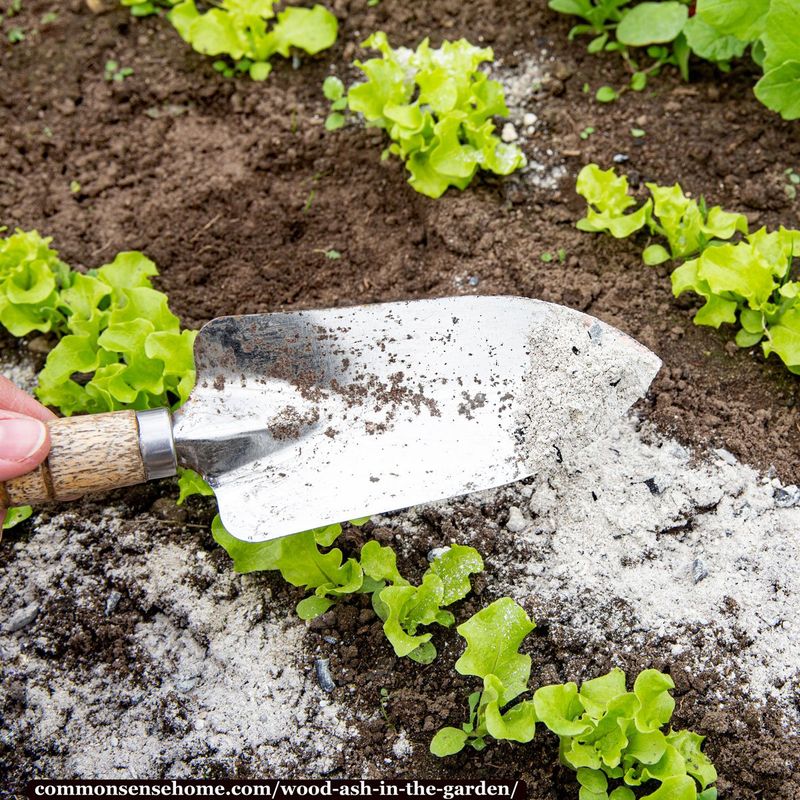
Wood ash from your fireplace can be a garden ally. It’s an excellent source of potassium and lime, helping to neutralize acidic soils. Sprinkling it around vegetable beds can improve soil fertility.
But use it sparingly; too much can harm plants.
Avoid using it around acid-loving plants like blueberries. Wood ash also acts as a natural pest deterrent. It’s a clever way to recycle waste and enhance your garden’s health. Just ensure it’s free of chemicals and you’re good to go.
10. Compost Tea
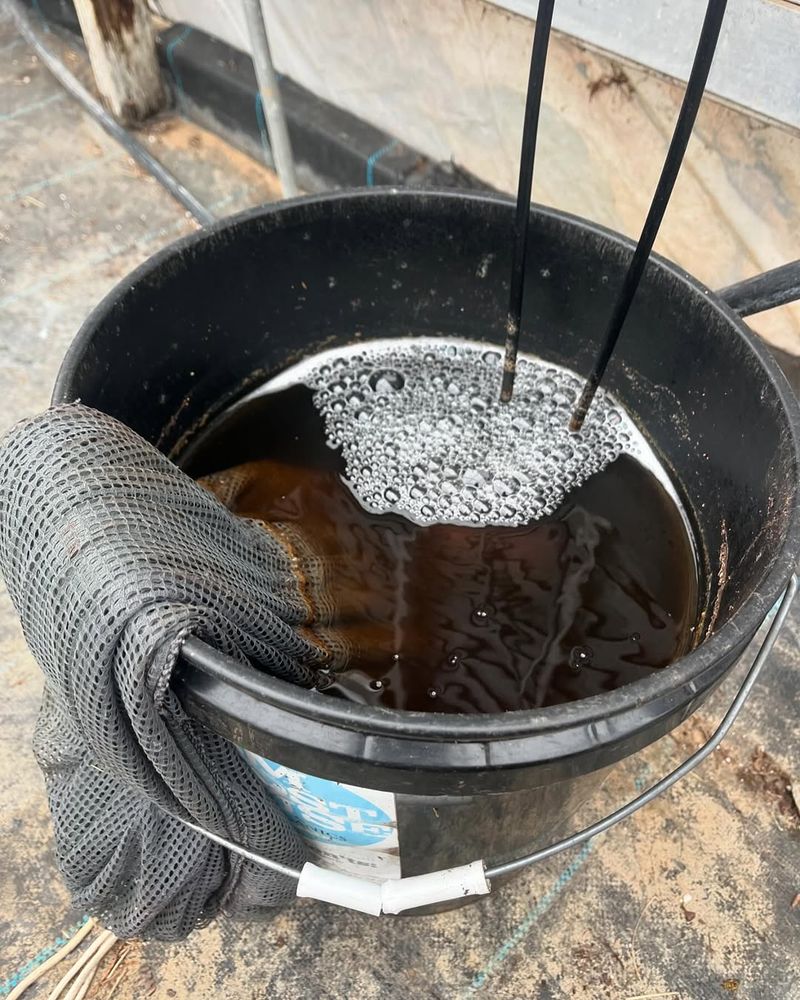
Compost tea is like a probiotic smoothie for your plants. It adds beneficial microbes to the soil, enhancing plant health and resilience. To make it, steep a bag of compost in water for a few days.
Use it to water your plants or as a foliar spray.
This liquid gold improves soil structure and boosts plant immunity, leading to vigorous growth. It’s an environmentally friendly way to recycle compost and nourish your garden. Your plants will soak up the goodness and thrive in their green paradise.
11. Aspirin Water

Aspirin can boost plant immunity too. Dissolve an aspirin tablet in a gallon of water and spray it on your plants.
The salicylic acid in aspirin helps trigger a plant’s natural defense mechanisms, making them more resistant to diseases.
It’s particularly effective in preventing fungal infections and promoting overall plant health. This simple hack is an easy way to give your garden a health boost. So, next time you reach for an aspirin, remember your plants might appreciate it as much as you do.
12. Molasses

Molasses is great for your garden too! Rich in sugars and micronutrients, it feeds beneficial soil microbes. Mix a tablespoon of molasses in a gallon of water and apply it to your soil.
This sweet treat improves soil fertility and structure, encouraging robust plant growth.
Molasses also helps with nutrient absorption, making it a valuable addition to your gardening routine. It’s a delightful way to recycle kitchen ingredients and give your plants a sweet boost. Let your garden indulge in this sugary goodness!
13. Chamomile Tea

Chamomile tea is a healing elixir for plants too. Rich in antibacterial and antifungal properties, it prevents damping-off in seedlings. Brew a strong tea, let it cool, and water your seedlings with it.
This natural remedy promotes healthy growth and acts as a preventive measure against diseases.
It’s an effortless way to nurture your young plants and ensure they develop into strong, resilient adults. Chamomile tea is a gentle, effective way to care for your garden’s next generation.
14. Orange Peel Spray
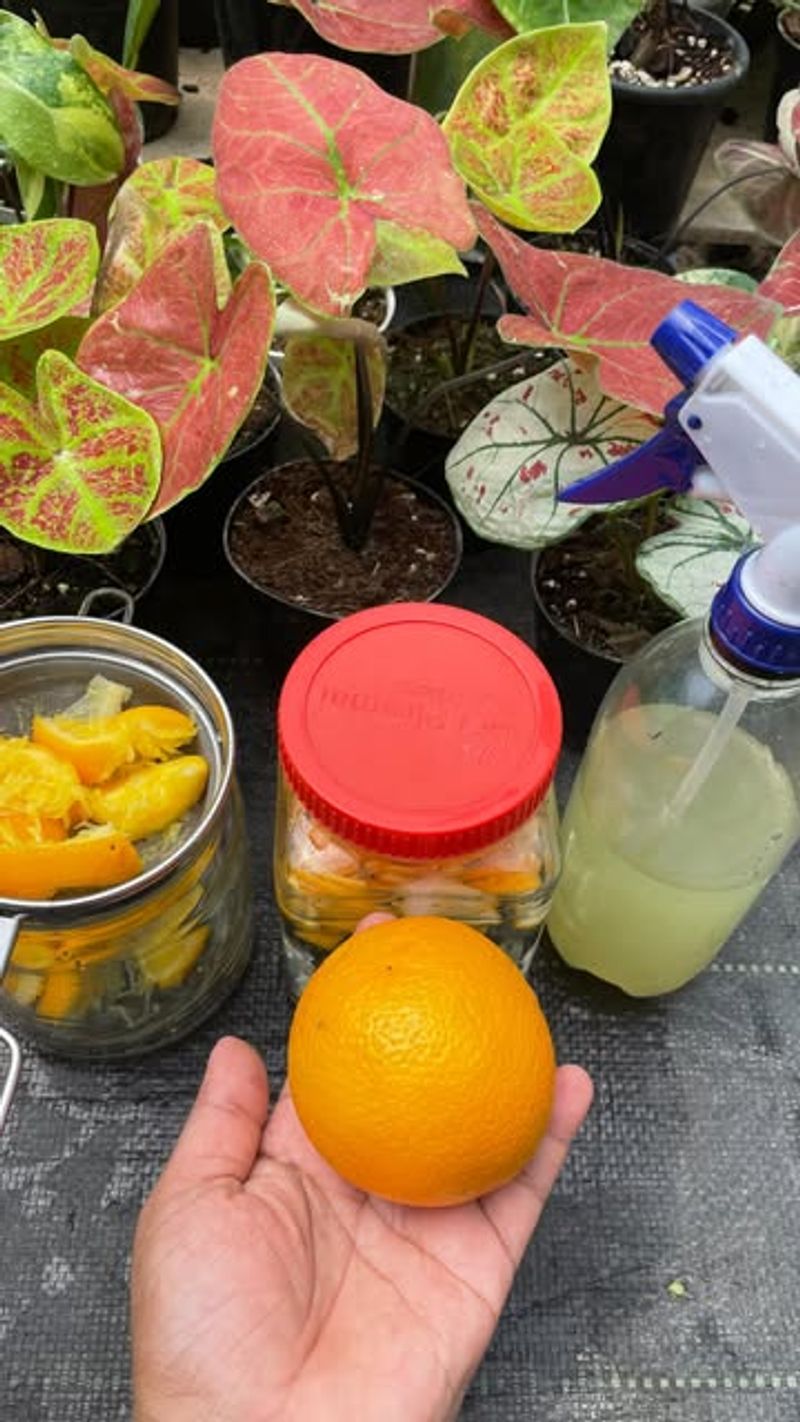
Orange peels are more than just compost material; they make an excellent pest repellent. The citrus oil in the peels deters pests like aphids and ants. To make a spray, steep peels in hot water and let it cool.
Spray it on affected plants to keep pests at bay.
This natural remedy is safe for plants and the environment, making it a great alternative to chemical pesticides. Plus, the fresh scent is an added bonus! Orange peels are a refreshing way to protect your garden from unwanted invaders.
15. Cinnamon
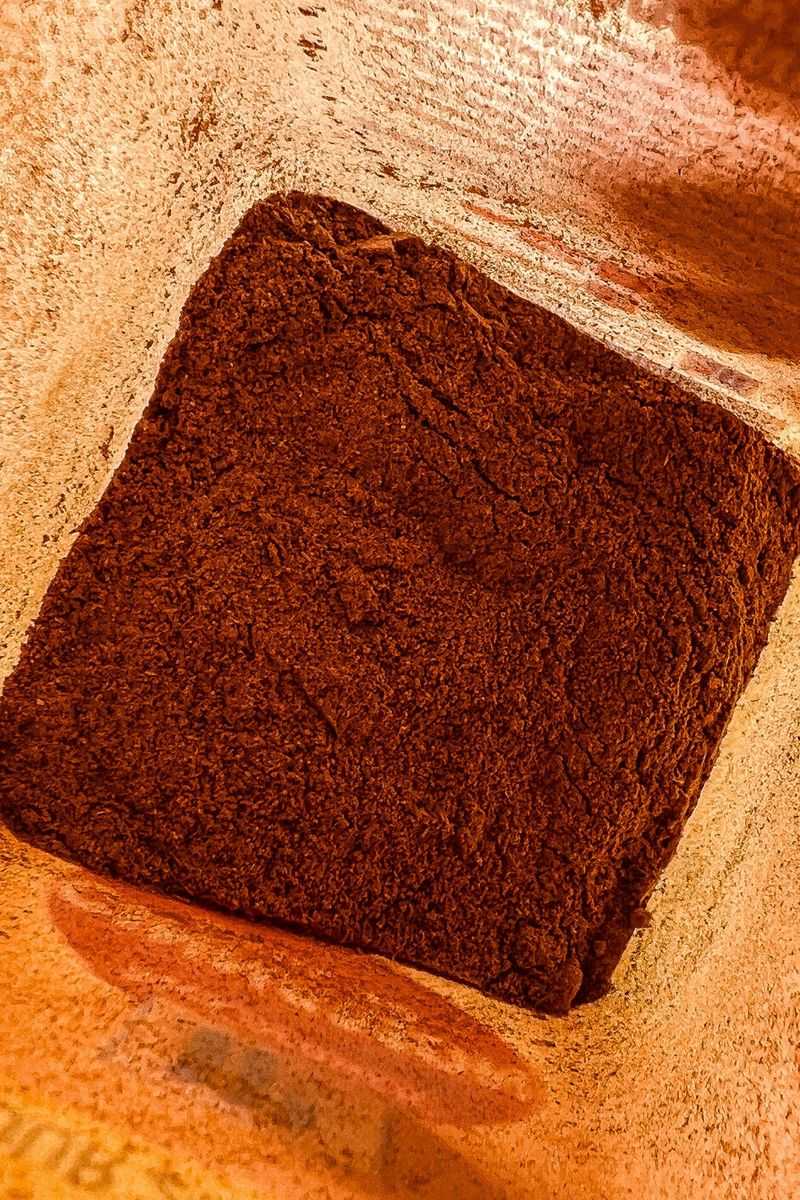
Cinnamon is a powerful ally in the garden. It helps prevent mold and mildew, making it perfect for seedlings. Sprinkle a little on the soil surface to protect your young plants.
The antifungal properties of cinnamon keep diseases at bay, ensuring healthy growth.
It’s a simple, effective solution to a common problem. Plus, it smells great! Incorporating cinnamon into your gardening routine is an aromatic way to keep your plants thriving. Watch your seedlings flourish with a sprinkle of this kitchen spice.
16. Hydrogen Peroxide
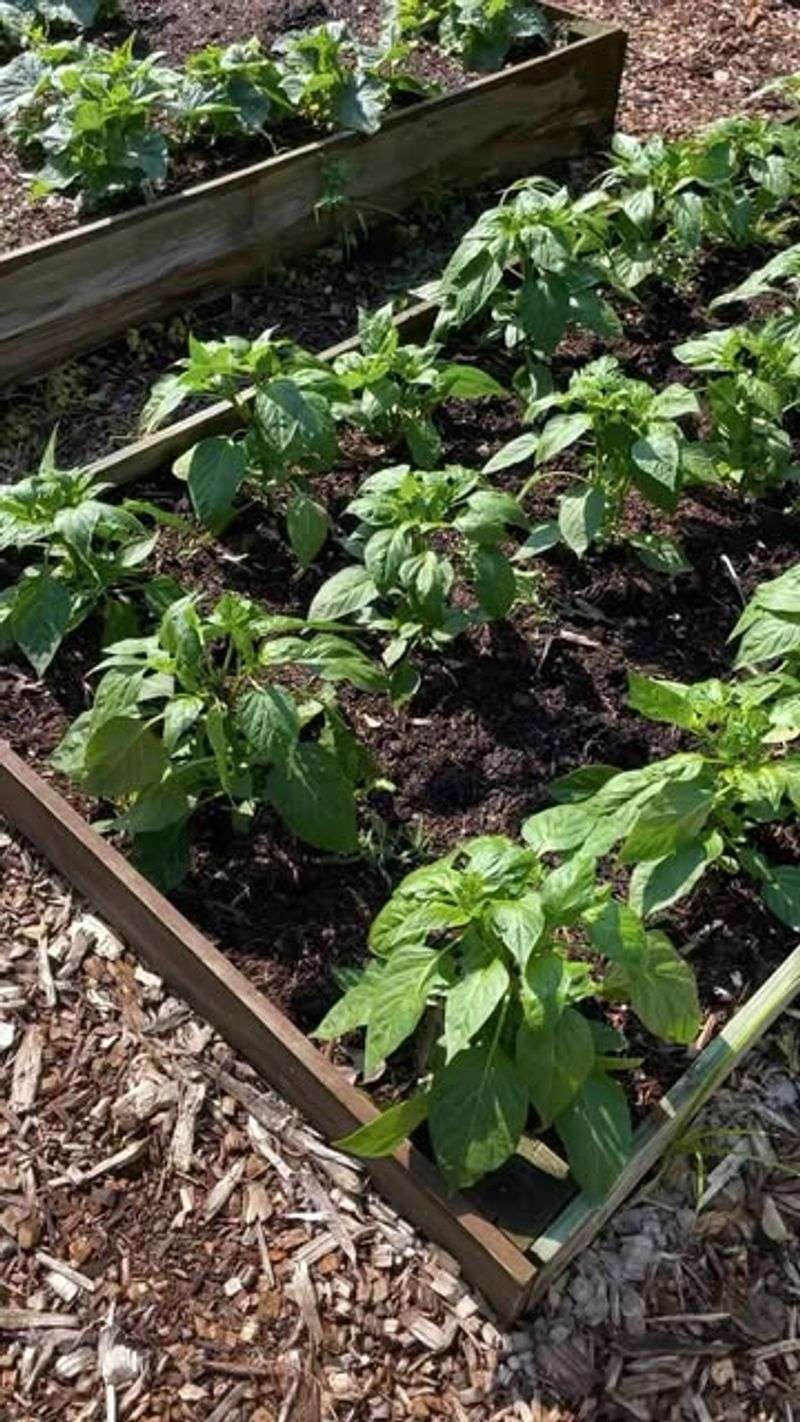
Hydrogen peroxide is not just for first aid kits; it’s a handy garden tool. Use it to disinfect pots, tools, and even seeds before planting. Its antifungal properties prevent root rot and fungal infections.
Mix one part peroxide with nine parts water and use it as a soil drench for plants.
It’s a versatile solution that promotes healthy root development and boosts plant resilience. Hydrogen peroxide is a helpful ally in maintaining garden hygiene and ensuring plant health. Transform your garden into a disease-free zone with this simple solution.
17. Club Soda
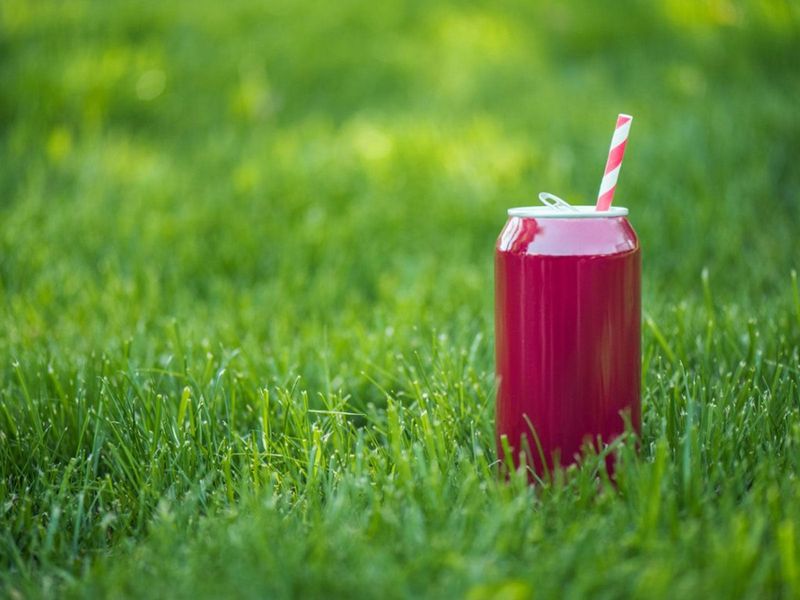
Club soda is rich in minerals like phosphorus, potassium, and sodium, it promotes plant health. Use flat club soda to water your houseplants for a nutrient boost.
The minerals aid in creating a robust root system and enhance leaf development.
It’s an easy way to repurpose leftover soda and give your plants a fizzy treat. Incorporating club soda into your watering routine is a bubbly way to keep your houseplants happy and thriving. Cheers to vibrant greens!
18. Oatmeal

Oatmeal enriches the soil with nutrients and improves its structure. Sprinkle raw oatmeal around your plants and let it work its magic.
As it breaks down, it provides a slow-release source of nitrogen and phosphorus.
This simple addition helps retain moisture and encourages healthy, vigorous growth. It’s a sustainable way to utilize pantry staples and enhance your garden’s vitality. Give your plants an oatmeal treat and watch them thrive in their nutrient-rich paradise.
19. Green Tea

Rich in antioxidants, green tea enhances plant immunity and growth. Brew a pot, let it cool, and water your plants with it.
The tannins in green tea improve soil structure and nutrient availability.
It’s an eco-friendly way to recycle tea and nourish your garden. Incorporating green tea into your gardening routine is a refreshing method to keep plants healthy and vibrant. Let your garden enjoy a cup of this revitalizing brew!
20. Gelatin
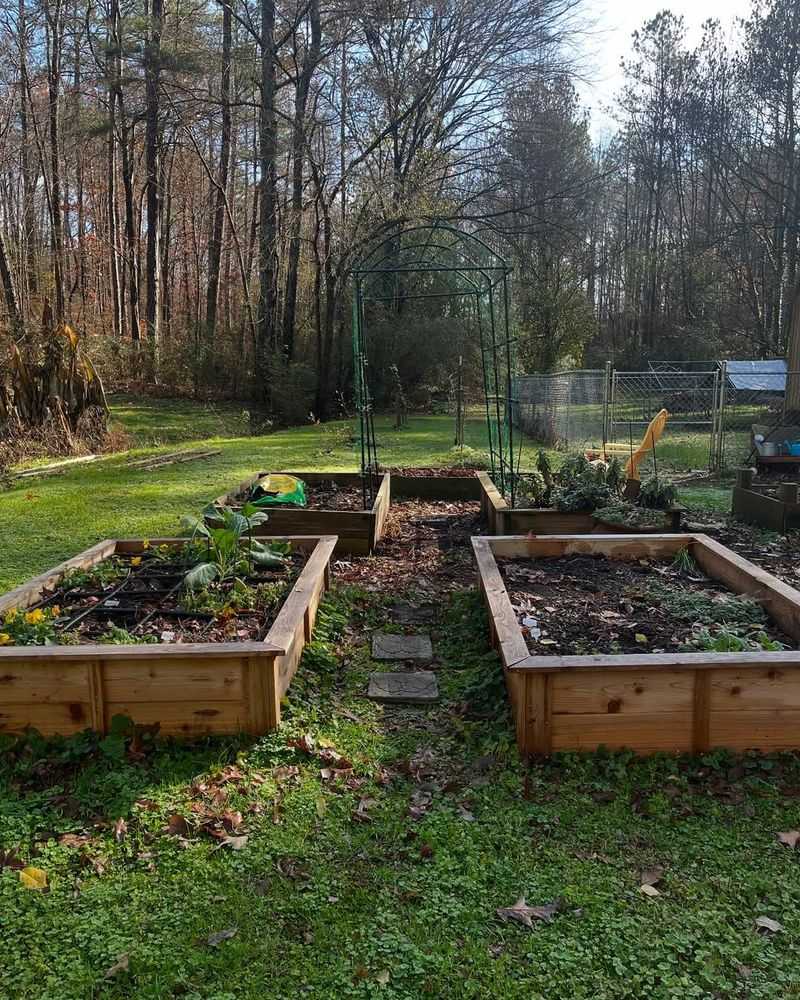
Dissolve a packet of gelatin water and mix it into the soil. This easy addition provides a nutrient boost for leafy greens. Gelatin helps improve soil texture and moisture retention, making it a versatile amendment.
It’s a clever way to repurpose pantry items and enhance your garden’s health. By incorporating gelatin into your gardening routine, you’re ensuring your plants get the nutrients they need to thrive. Give your garden a wobbly, nutritious treat!
21. Potato Water
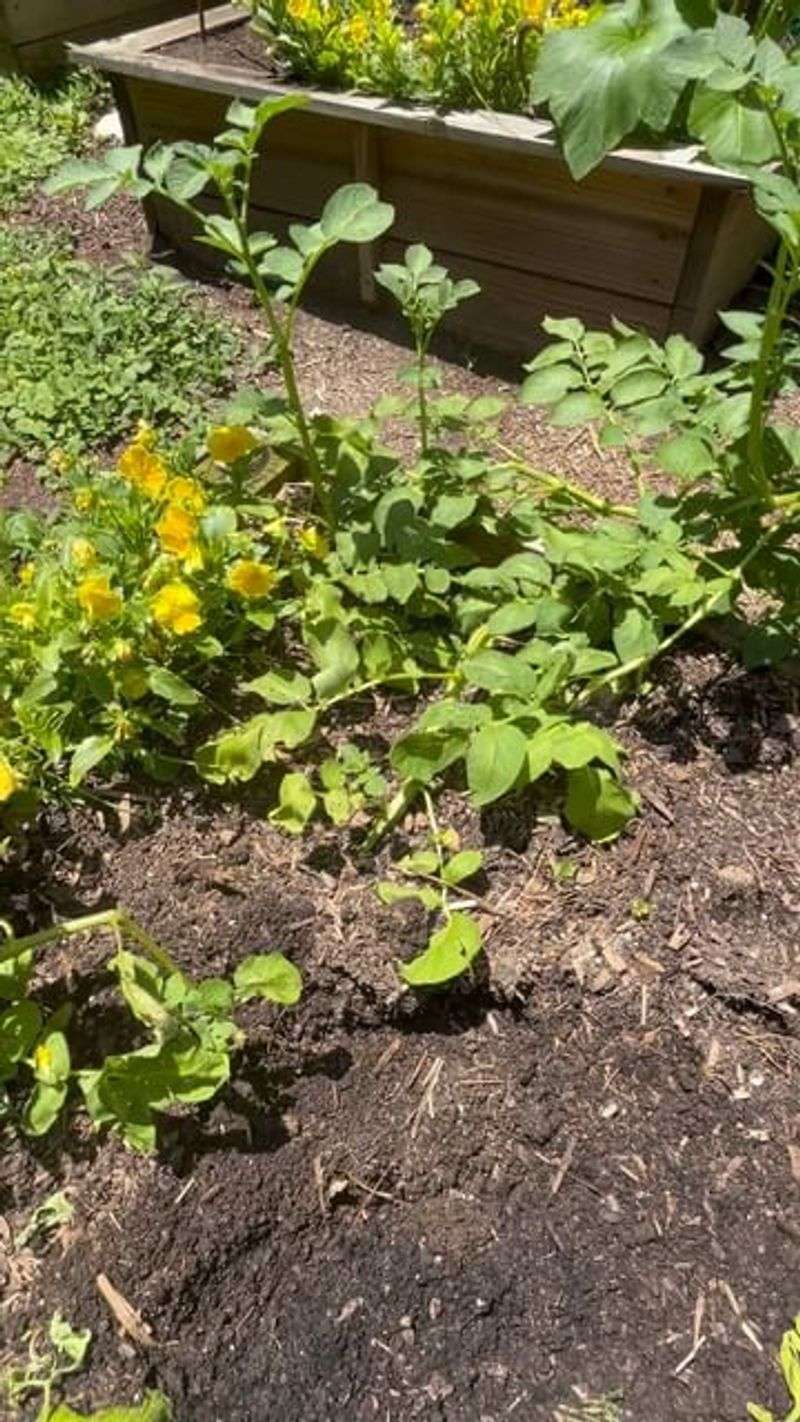
Potato water isn’t just for mashing—it’s a nourishing elixir for plants. Next time you boil potatoes, save the water for your garden.
Rich in nutrients like potassium and phosphorus, it boosts plant health and growth.
Let the water cool and use it to water your plants. This simple hack is a sustainable way to recycle kitchen waste and give your garden an extra dose of nutrients. It’s a resourceful method to enhance your garden’s vitality, transforming leftover potato water into liquid gold for your plants.
22. Coconut Water
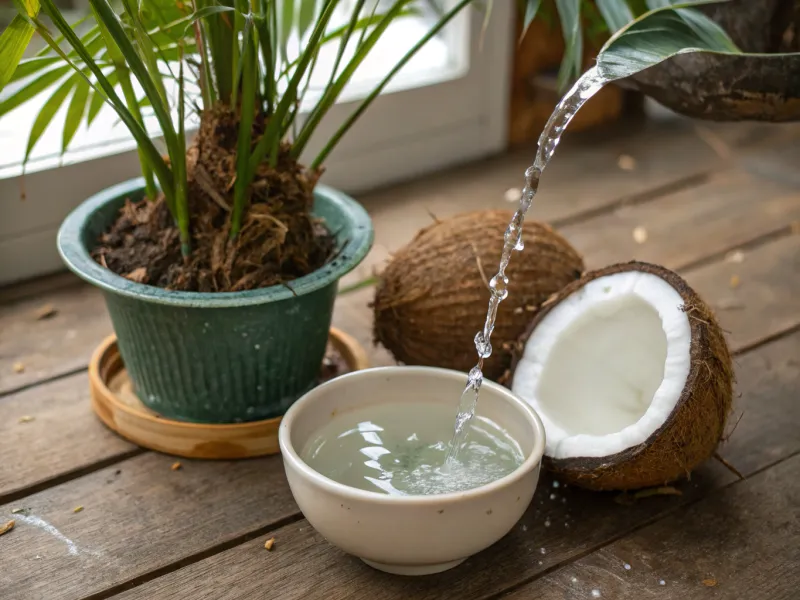
Coconut water isn’t just a tropical refreshment; it’s a plant tonic too! It contains essential nutrients and growth hormones that promote plant health. Use it to water your plants and witness improved growth and vigor.
The cytokinins in coconut water aid in cell division and promote robust root development.
It’s a tropical twist on traditional plant care that brings a bit of island paradise to your garden. Embrace coconut water in your gardening routine and watch your plants thrive with this exotic elixir.
23. Yogurt
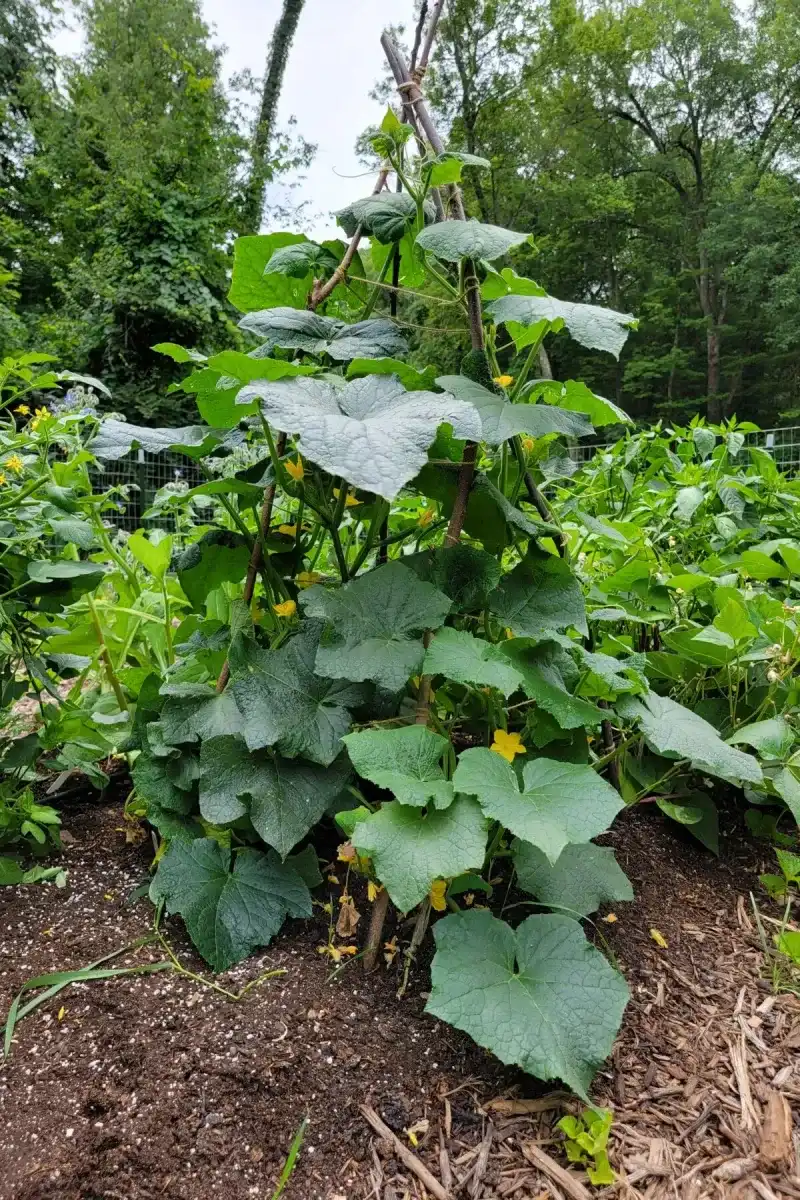
Yogurt isn’t just for breakfast bowls—it’s beneficial for your garden too! It adds probiotics and beneficial bacteria to the soil, improving plant health. Mix a spoonful into the soil around your plants.
The live cultures enhance soil structure and promote nutrient absorption.
It’s a natural way to boost your garden’s immunity and encourage vibrant growth. Yogurt is a creamy addition to your gardening toolkit that nourishes plants from the ground up. Let your garden indulge in this probiotic treat and flourish like never before.
24. Rice Water
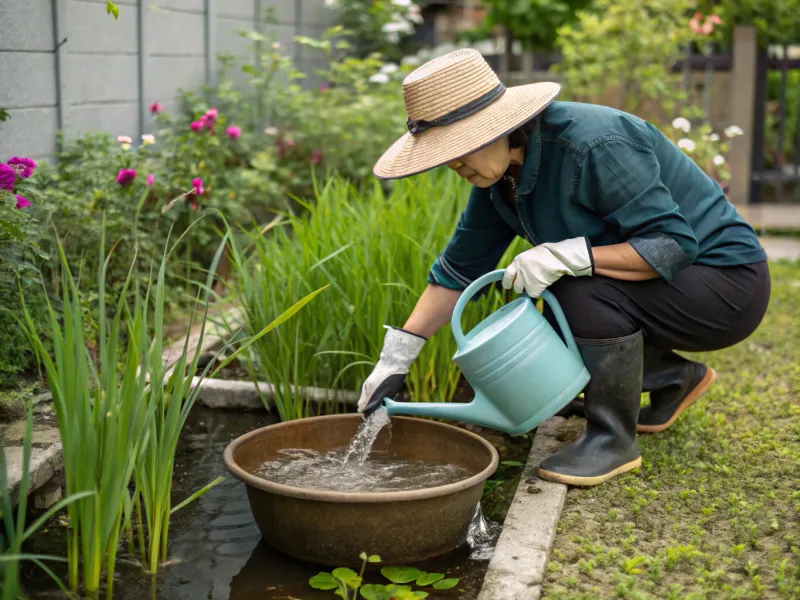
Rice water isn’t just for cooking rice; it’s a nutrient boost for your plants. Save the water after rinsing rice and use it to water your garden. It contains vitamins and minerals that enhance plant growth and health.
This simple, sustainable solution repurposes kitchen waste and nourishes your plants at the same time. It’s a clever way to add extra nutrients to your garden without spending a dime. Incorporating rice water into your routine is a resourceful method to keep your plants thriving.
25. Worm Castings
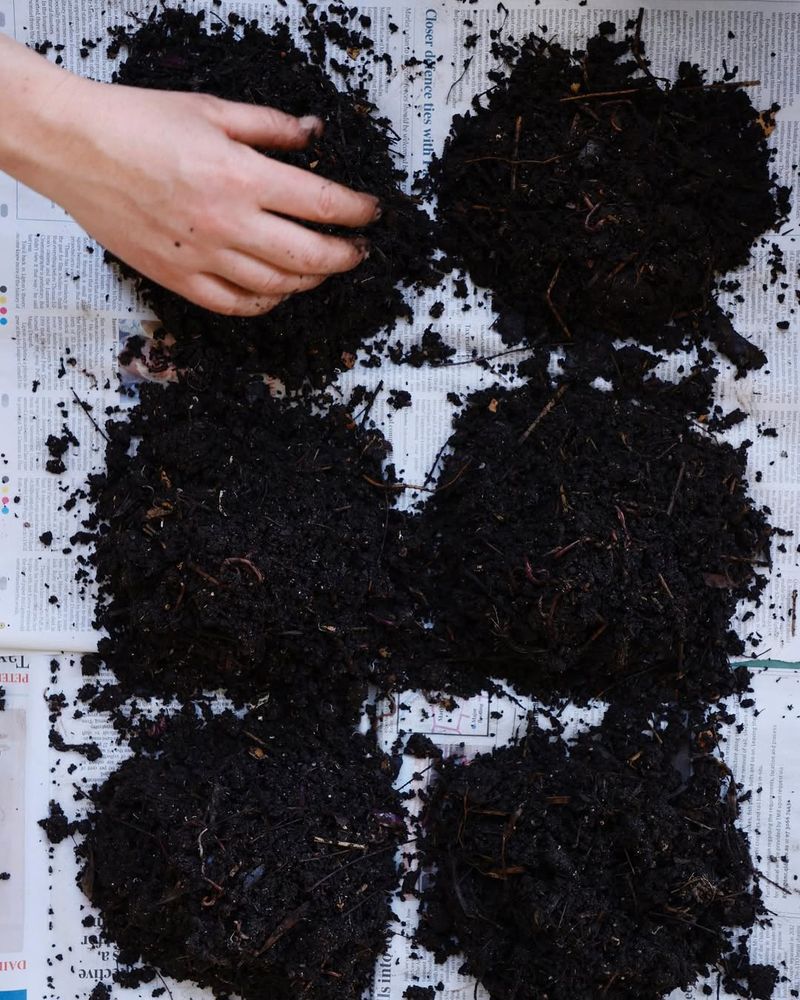
Worm castings are a gardener’s gold mine. These nutrient-rich droppings improve soil structure and fertility. Mix them into your garden beds for a nutrient boost. The castings enhance moisture retention and microbial activity, promoting healthy plant growth.
It’s an eco-friendly way to recycle waste and enrich your garden’s health. Worm castings are a natural, effective method to ensure your plants get the nutrients they need to thrive. Let your garden benefit from the wonders of these tiny, hardworking creatures.
26. Seaweed
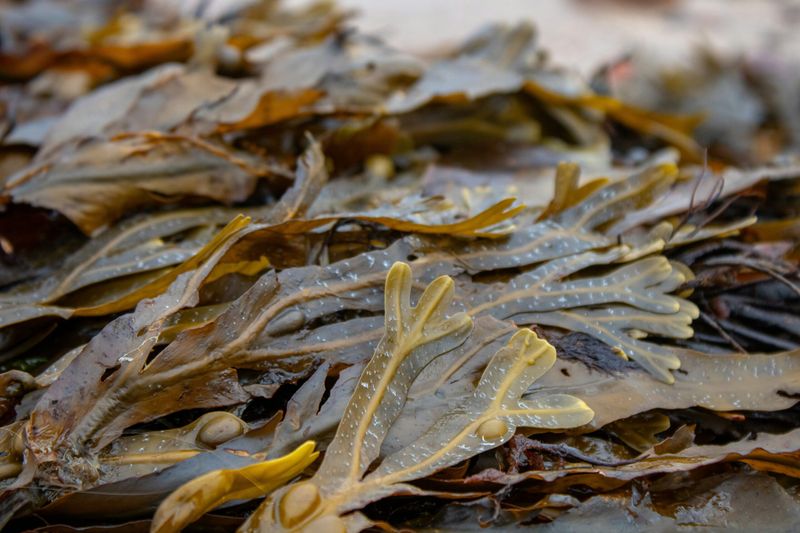
Seaweed isn’t just for sushi—it’s a nutrient powerhouse for gardens. Rich in trace elements and growth hormones, it enhances plant development. Use it as mulch or in liquid form for best results.
Seaweed improves soil structure and boosts plant immunity, making it a great addition to any garden.
This natural fertilizer helps retain moisture and adds essential nutrients to the soil. Incorporating seaweed into your gardening routine is a coastal way to ensure lush, thriving plants. Let your garden soak up the ocean’s bounty!
27. Charcoal
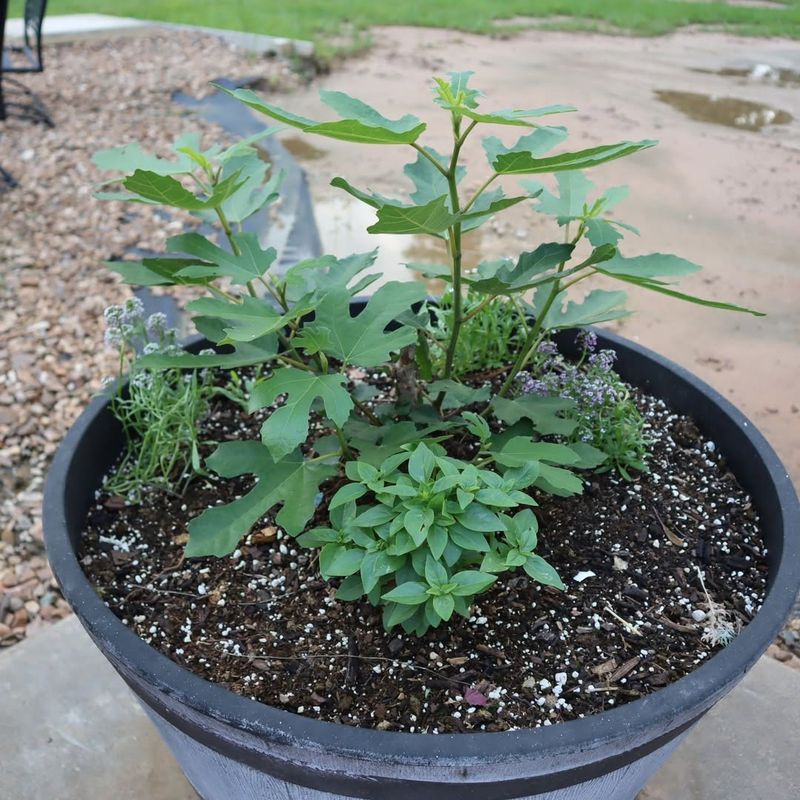
Charcoal isn’t just for barbecues—it’s a soil enhancer! It improves drainage and aeration, making it perfect for heavy soils. Mix small pieces into your garden beds for best results.
Charcoal helps retain moisture and nutrients, ensuring your plants get the resources they need to grow.
It’s a sustainable way to recycle waste and boost your garden’s health. Incorporating charcoal into your gardening routine is a smart method to enhance soil quality. Give your plants a breath of fresh air with this simple addition.
28. Alfalfa Meal
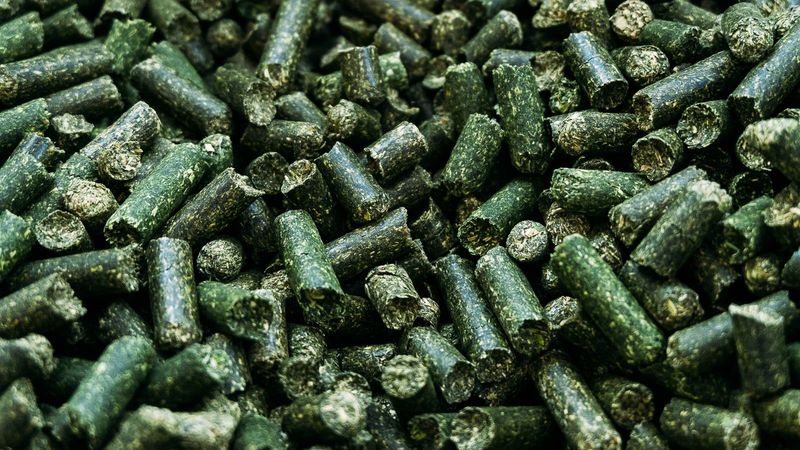
Alfalfa meal isn’t just for animal feed; it’s a plant booster too! Rich in nutrients and growth stimulants, it enhances soil fertility and structure. Sprinkle it around your plants for a nutrient boost.
This organic amendment improves root growth and plant vitality.
It’s an effective way to recycle agricultural waste and support your garden’s health. Alfalfa meal is a natural, sustainable option for avid gardeners looking to enhance their plant care routine. Let your garden thrive with this nutrient-packed addition.
29. Cornmeal
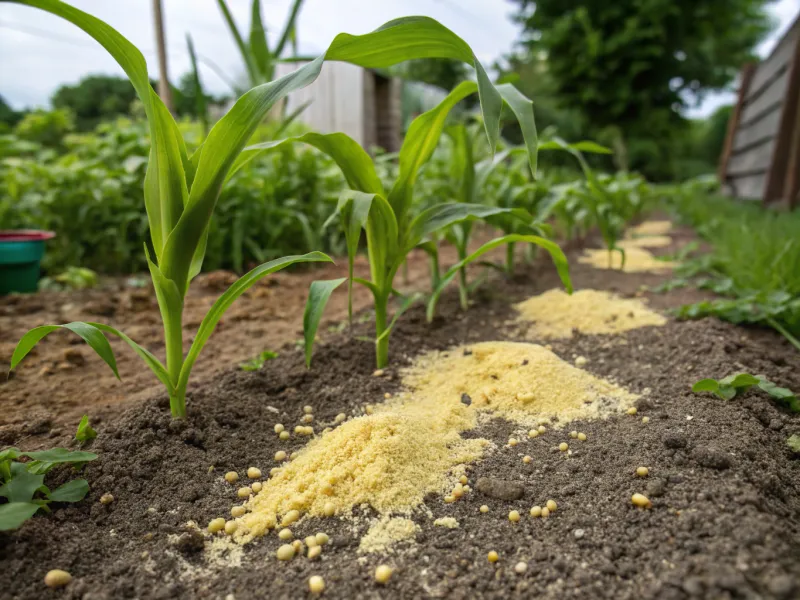
Cornmeal improves soil structure and provides nutrients. Sprinkle it around your plants and let it break down naturally. This simple addition helps retain moisture and enriches the soil with beneficial organisms.
Cornmeal is a sustainable way to recycle pantry staples and enhance your garden’s vitality. Incorporating cornmeal into your gardening routine is an easy way to keep your plants healthy and thriving. Give your garden a corny treat and watch it flourish in its nutrient-rich environment.

